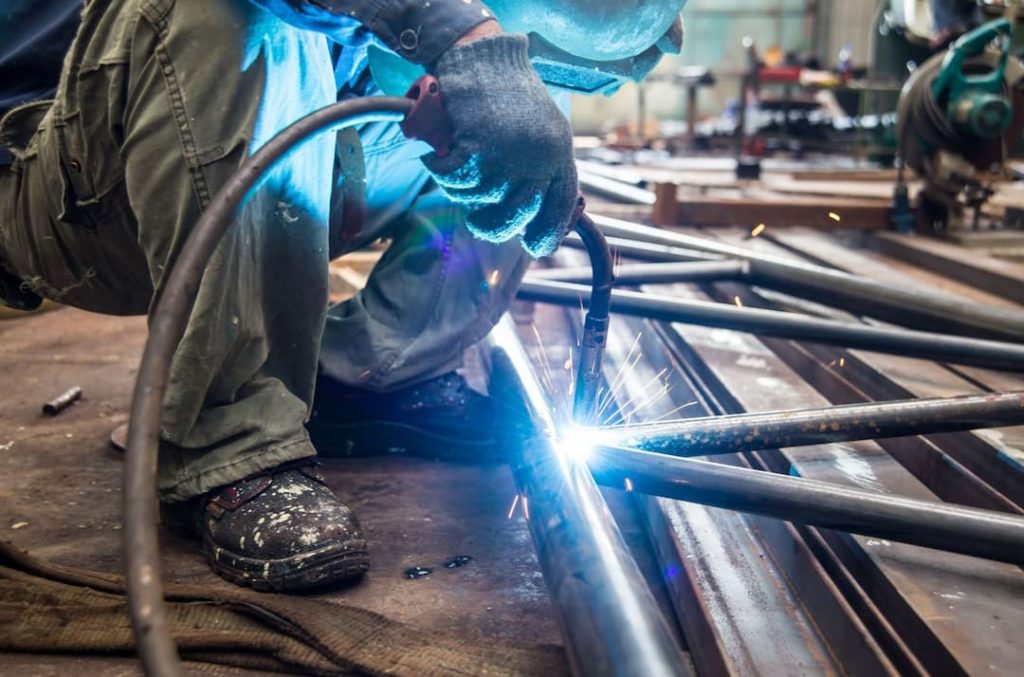Are you a welder looking for new and exciting welding jobs? If so, you have come to the right place. Finding the right job can be challenging but with some planning and effort, you can tap into an ever-growing industry that offers great rewards to those skilled in this craft. So, how to get welding jobs?
Table of Contents
Welding job opportunities have grown rapidly in recent years, so now is the perfect time to explore how to use your skills and experience to find employment.
With the right MIG, TIG, Stick of Flux Core welding qualifications, dedication, and outlook, taking up welding as a profession can be an incredibly rewarding experience with numerous prospects for success.
If you're searching for welding job opportunities or want new ways to expand your horizons professionally, read on!
Key Takeaways
- Getting a welding job can be easy if you have experience in your field and a solid resume. Having different certificates in your field will make it easy for you.
- I think it's essential to give proper time to your research of getting a job. You will have to find every employer who might hire in your field and send them your resume.
- Finally, you can get a job using the right ways even if you don't have a degree and have a lot of experience some companies might be looking for you.
How To Find Overseas Welding Jobs in 8 Steps (With Tips)
1. Develop Welder Skills
The first step to finding welding jobs overseas is building your skills. Make sure you know various metal fabrication processes and weld joint configurations of welding technology. Brush up on safety protocols, and if possible, become certified in the welding you plan to do.
Consider picking up additional welding-related certifications, such as structural steel welding (which pays well), gas metal arc welding certification, shielded metal arc welding or MIG welding, underwater or TIG welding certification, and non-destructive testing. Depending on the job you’re applying for, having these certifications could make all the difference in your job search.
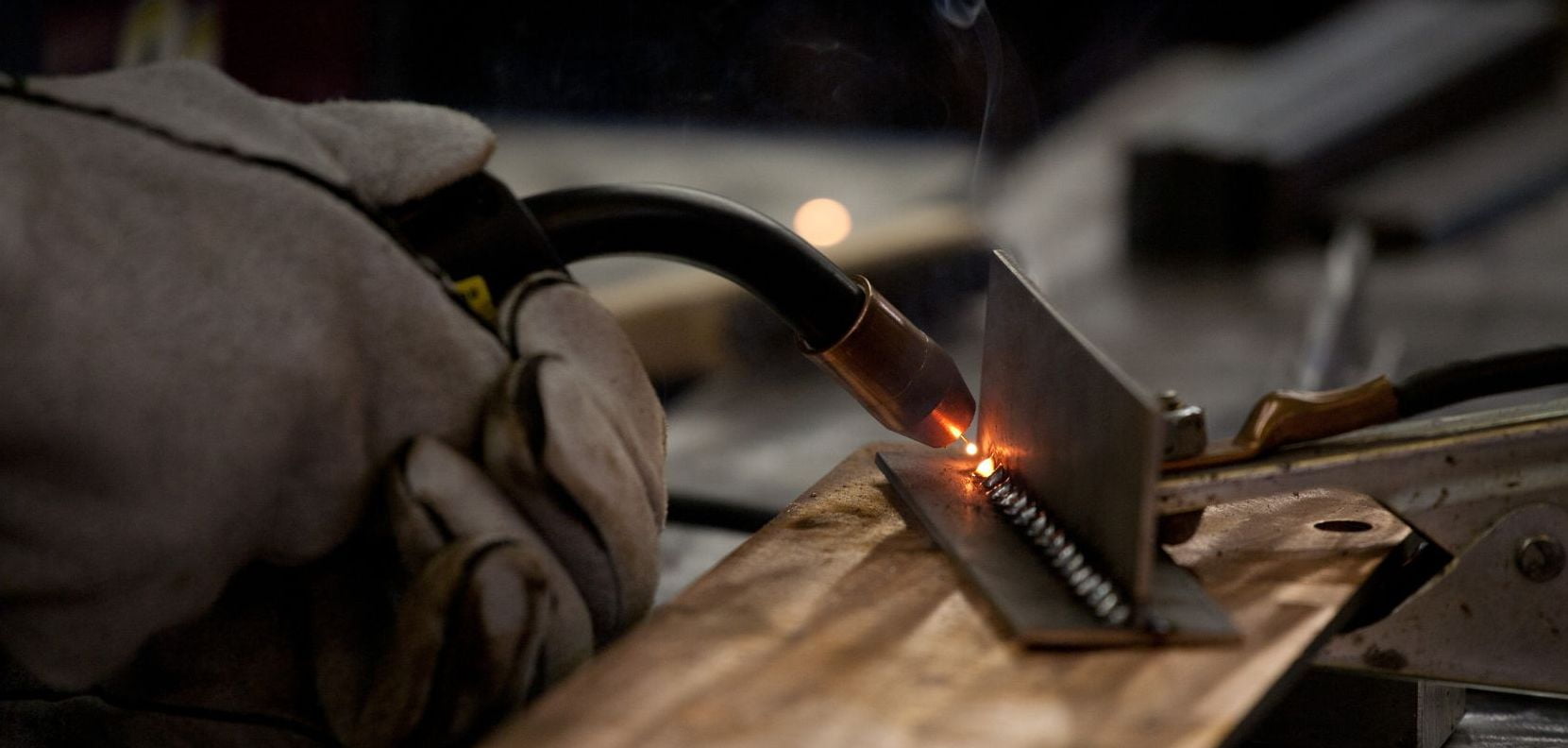
2. Earn the required certifications
Most countries have specific certifications that you must obtain to be eligible for welding jobs overseas. These may include a welder’s qualification certificate, health and safety certification, welding procedure specifications (WPS), and knowledge of relevant codes such as the American Welding Society (AWS). It is important to research what type of certifications you may need to land a welding job overseas so that you are prepared when applying.
3. Average Amount Of Time At Training
Before looking for a welding career overseas, ensuring you have undergone the necessary training is important. Generally, getting certified as a welder takes six months, including classroom and technical instruction.
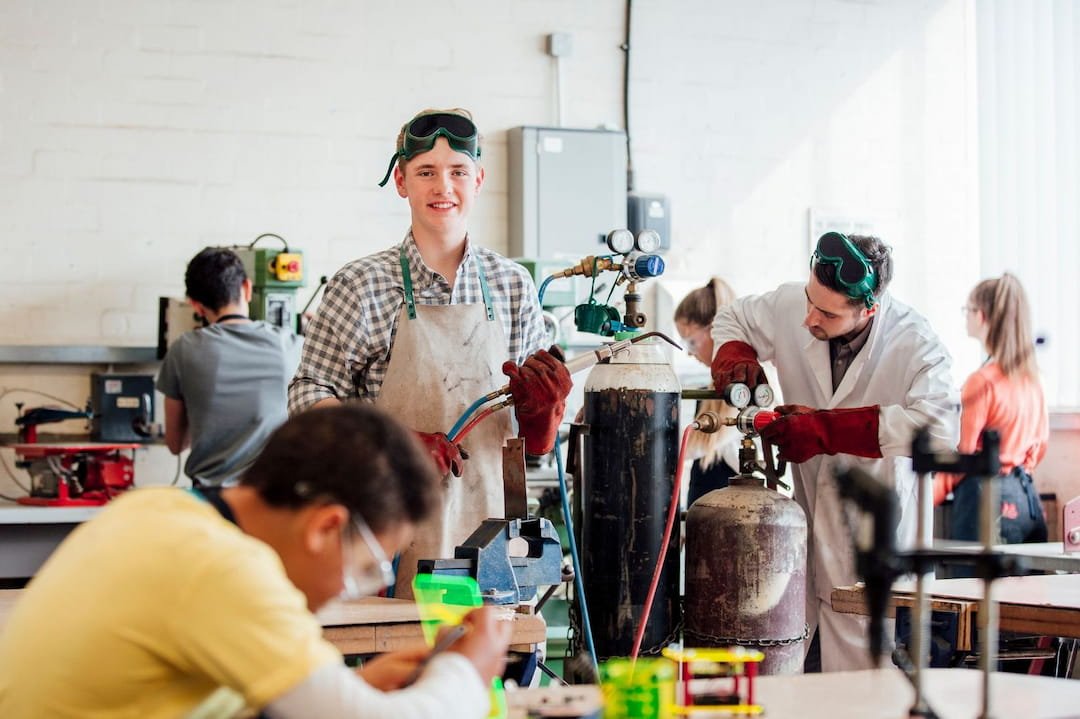
4. Research the different types of welding jobs
When looking for a welding career overseas, it is important to research the different types of job opportunities available. These may range from working in large industrial facilities to repairing small boats and ships. Depending on your experience and welding certifications you can land a higher-paying position with more responsibility; MIG welding salaries are a good prospect.
5. Start Networking
Reach out to other welders who have taken the plunge and moved abroad for a welding career. Attend international welding conferences and make contacts with people in the industry. Use social media sites like LinkedIn and Facebook to find potential job opportunities abroad.
You can also use job search engines like Indeed and Glassdoor to find a welding career overseas. These websites list many international welding opportunities that you may need to learn. Keep up with industry news and research the countries where potential jobs are located. Doing this will help you understand what current requirements for welders in those countries could look like, helping you better prepare for a potential job.
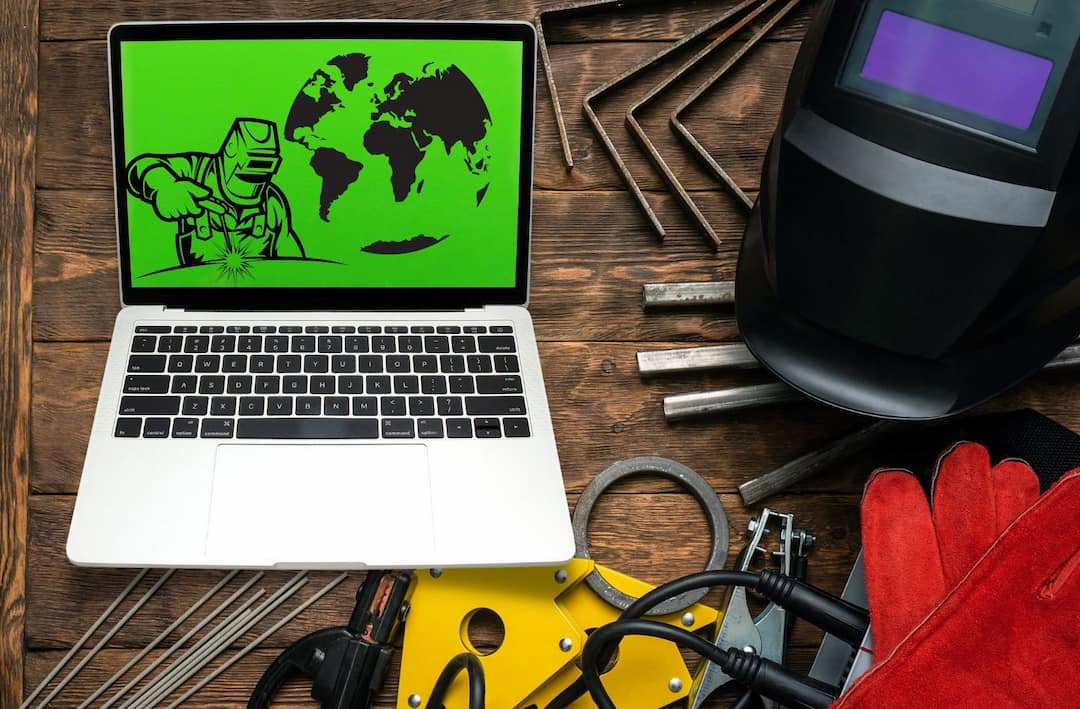
6. Choose a company or organization for which to work
Once you’ve identified potential jobs overseas, it’s time to start narrowing down your options. Research the companies and organizations that need welders and choose a few that fit your skillset and interests. Look at their values, culture, mission, and how they treat their employees.
Use Glassdoor reviews or other resources to understand better what it’s like to work with them and how you could fit in. Ensure the organization is reputable and legally accredited, as this will help you get paid and have protection while living abroad as one of the professional welders.
7. Prepare Your Resume
You must ensure your resume stands out from the rest. You should only include details of any relevant skills and qualifications in your CV that only apply to the job. Be sure to highlight any certifications or awards related to welding in your resume as this could give you an edge over other applicants.
Also, you will have to include any work experience related to welding as this shows employers that you have the necessary skillset and knowledge to do the job successfully.

8. Apply for Welding Positions
The final step in finding an overseas welding job is to apply for the available positions. You can use online job boards or industry publications when searching for job openings. Be sure to research the company and position thoroughly before submitting your application.
If there’s an email address listed on the job posting, reach out directly and inquire about the opportunity. When you submit your resume, include a cover letter that clearly outlines why you’re the best candidate for the position.
When interviewing, emphasize any experience and certifications relevant to jobs overseas or something you got on on-the-job training. Ask about the job requirements and ensure you are comfortable meeting them before accepting an offer.
Tips for finding welding jobs
You can meet with professionals in the welding industry, attend events or welding schools, and join professional organizations to find out about job openings and to gain welding certifications.
Your resume should include a detailed overview of your past work experience as a welder; please make sure that you highlight your unique skills and qualifications for the position.
Participate in continuing education to stay up-to-date with the latest advances in welding technology and techniques.
Utilize job search engines on the job training, such as Indeed and Monster, to find jobs. Additionally, consider joining trade associations or unions that can provide additional resources for finding employment.
Creating an online portfolio of your work can be a great way to showcase your skills and experience while showing potential employers your commitment to the field.
FAQs Related to Getting Welding Jobs
Is it hard to find a job as a welder?
Generally speaking, welders are in demand and can usually find employment in various industries. However, due to the specialized nature of jobs, finding the right job and becoming an expert welder can take time and effort. It is important to understand the different types of welding processes and safety protocols when it comes to welding.
Additionally, having certification and relevant experience in the field of welding equipment is beneficial. Networking with other experienced welders can help find job opportunities or learn more about the industry. With hard work and dedication, welding jobs can be easily found and secured.
Can you weld without a degree?
Yes, in some cases, you can weld without a degree. Depending on the welding you are doing and your experience level in welding processes, employers may be willing to hire someone who does not have a degree or a certified welder so long as they have adequate knowledge and experience to complete the job.
Why do welders fail?
Welders fail for many reasons. Most commonly welders fail because they need adequate training, experience, or knowledge of the welding equipment and techniques used in the welding industry. improper setup, inadequate safety precautions, and lack of proper technique can also lead to weld failure.
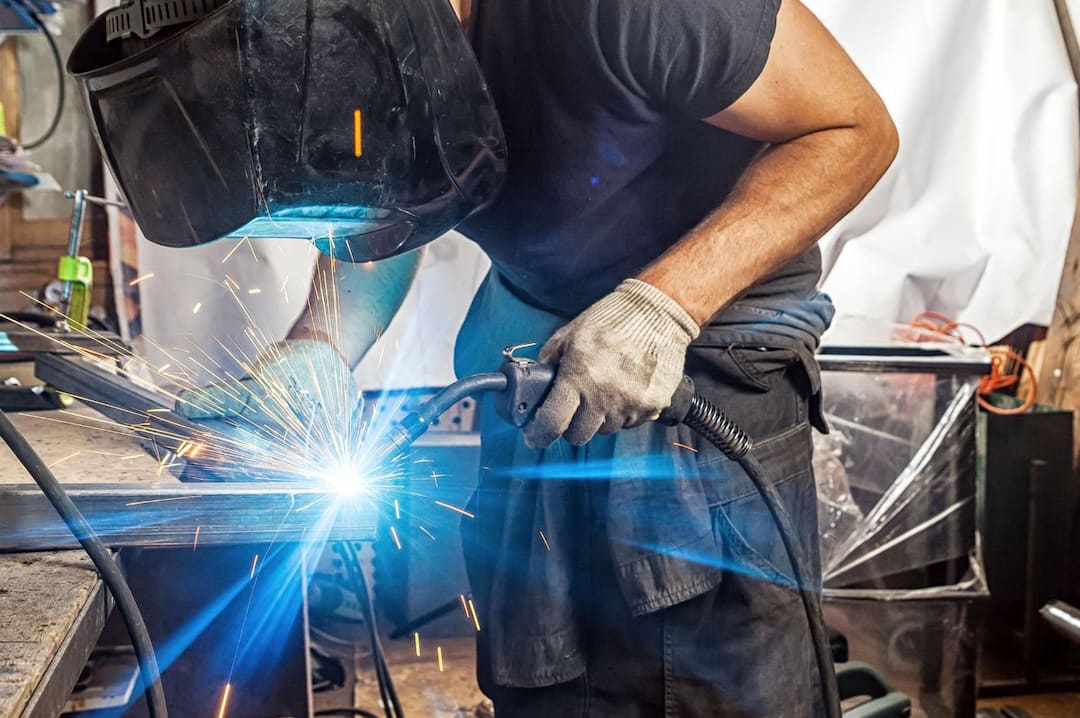
Final Thoughts
Finding welding jobs doesn’t have to be an uphill task if you start your job search prepared and well-researched. From networking events and tapping connections to joining specialty forums, reaching out to employers the right way can get your foot in the door. With focus, a positive attitude, and a few tips, you'll soon discover to get welding jobs easily. So take the time to become a welder, find out what companies are looking for, create quality conversations with potential employers, and never give up!
